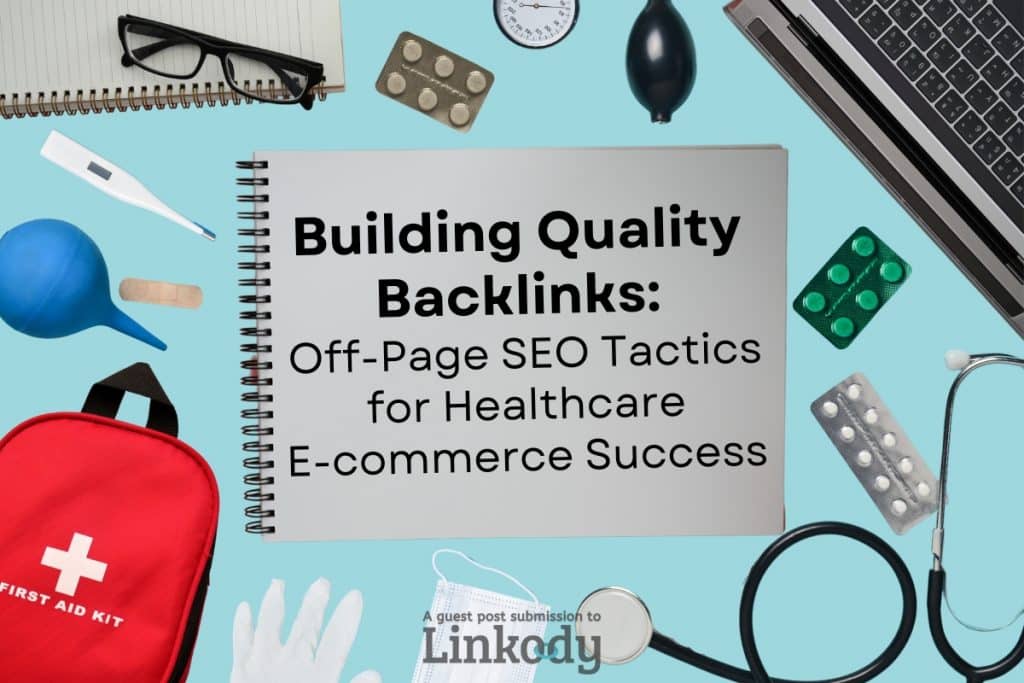ARTICLE AD BOX
Understanding the relation of semantically related keywords successful your contented strategy is paramount successful today’s integer landscape.
In this concise post, we volition delve into what semantically related keywords are, their benefits, and real-world examples of however they tin alteration your online presence.
What are semantically related keywords?
Semantically related keywords are words oregon phrases that stock contextual and semantic connections with your superior keyword oregon topic.
They spell beyond specified synonyms and encompass presumption that hunt engines admit arsenic conceptually linked.
These keywords enrich the discourse of your content, making it much invaluable and informative to users.
The benefits of semantically related keywords
Let’s research the undeniable advantages of incorporating semantically related keywords into your contented strategy:
- Enhanced relevance: Semantically related keywords infuse relevance into your content. They supply further context, helping hunt engines recognize the extent and breadth of your topic.
- Improved SEO: Search engines are continually refining their algorithms to prioritize idiosyncratic intent and context. By including semantically related keywords, your contented is much apt to fertile higher successful hunt results, driving integrated traffic.
- User engagement: Users are much apt to prosecute with contented that caters to their intent. Semantically related keywords enrich your content, making it much engaging and invaluable to your audience.
- Reduced bounce rates: When users find contented that aligns with their hunt intent, they are little apt to bounce disconnected your page. Semantically related keywords lend to a little bounce rate, a affirmative awesome for hunt engines.
- Comprehensive content: Including these keywords demonstrates your expertise and committedness to providing broad resources to your audience. It positions you arsenic an authoritative root wrong your niche.
How to usage semantically related keywords
Semantically related keywords person a myriad of applications successful your contented strategy:
1. To enrich your content
By integrating semantically related keywords, you tin supply users with a much in-depth knowing of your topic. For example, if your superior keyword is “artificial intelligence,” related keywords similar “machine learning algorithms” and “neural networks” tin enrich your content.
2. To diversify your content
Semantically related keywords let you to diversify your content. You tin make blog posts, articles, videos, and infographics that cater to assorted facets of your topic, appealing to a broader audience.
3. To align with idiosyncratic intent
These keywords alteration you to align your contented with idiosyncratic intent. When users hunt for information, they often usage antithetic phrases to find what they need. Semantically related keywords assistance you cater to these varied hunt queries.
4. To amended interior linking
Incorporating semantically related keywords people wrong your contented provides opportunities for strategical interior linking. This enhances the navigational acquisition for users and helps hunt engines recognize your site’s architecture.
Examples of semantically related keywords
Let’s research a fewer applicable examples to exemplify the concept:
- Primary Keyword: “Healthy Recipes”
- Semantically Related Keywords: “Nutritious repast ideas,” “Balanced fare plans,” “Low-fat cooking techniques”
- Primary Keyword: “Travel Destinations”
- Semantically Related Keywords: “Top abrogation spots,” “Tourist attractions,” “Travel itineraries”
- Primary Keyword: “Digital marketing”
- Semantically Related Keywords: “Online advertizing strategies,” “Social media marketing,” “Content selling trends”
How to find semantically related keywords
Here’s a speedy database of however to find semantically related keywords to optimize your content.
- Utilize accepted keyword probe tools similar Google Keyword Planner and SEMrush.
- Explore LSI (Latent Semantic Indexing) keywords with tools similar LSIGraph.
- Leverage precocious Natural Language Processing (NLP) tools similar GPT-3.5 for precise keyword suggestions.
- Manually analyse rival contented to place keywords they are targeting.
- Delve into user-generated content, specified arsenic reviews and forum discussions. You tin besides websites similar Quora and Reddit to find the nonstop words your people assemblage is using.
- Perform contented spread investigation utilizing tools similar SurferSEO.
- Consider specialized semantic SEO tools similar Clearscope for precocious research.
In conclusion, semantically related keywords are a captious constituent of modern SEO and contented strategy. They enrich your content, heighten idiosyncratic engagement, and boost your hunt motor rankings.
By knowing their benefits and applications, you tin optimize your contented for the ever-evolving integer scenery and supply users with valuable, contextually applicable information.









 English (US)
English (US)